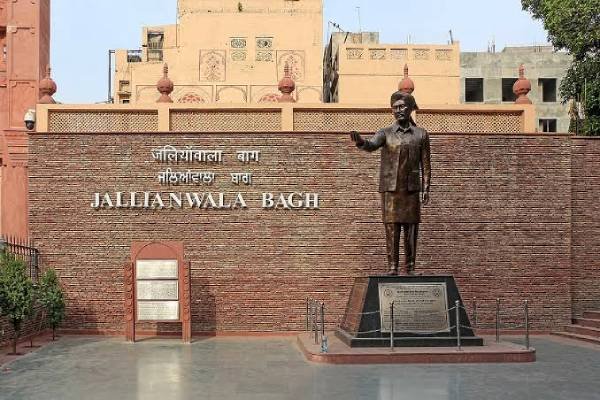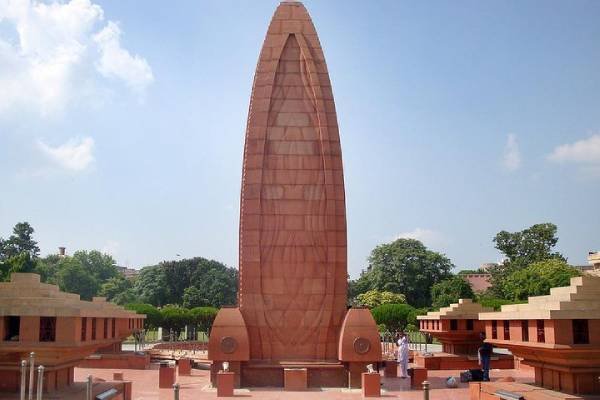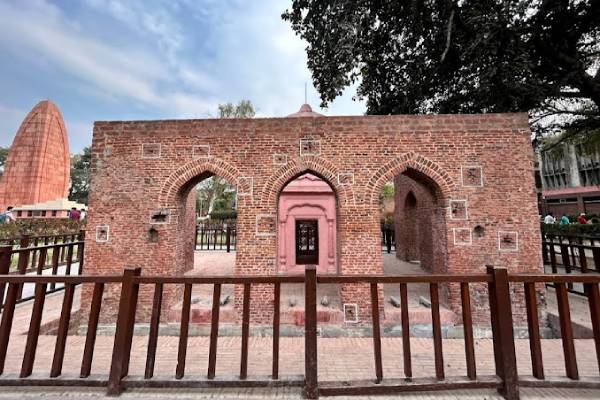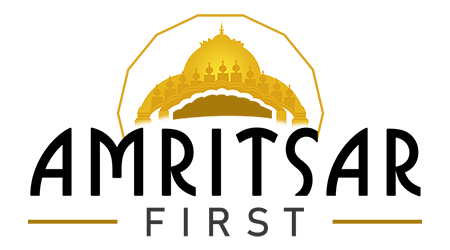On April 13, 1919, a tragic event known as the Jallianwala Bagh massacre, or the Amritsar massacre, unfolded. In the city of Amritsar, Punjab, British India, a large peaceful gathering had come together at Jallianwala Bagh to protest against the Rowlatt Act and the arrest of two pro-independence activists, Saifuddin Kitchlu and Satyapal. Responding to this assembly, Brigadier General R. E. H. Dyer, along with soldiers from the Gurkha, Baloch, and the 59th Scinde Rifles of the British Indian Army, encircled the crowd.



The Jallianwala Bagh had only one exit, as the other three sides were blocked by buildings. Dyer ordered his troops to open fire on the crowd, even as the protestors attempted to flee. The shooting continued until the soldiers ran out of ammunition. The estimates of the casualties range from 379 to over 1,500, with more than 1,200 people injured, including 192 seriously. Surprisingly, Britain has never formally apologized for this tragedy, though they expressed “deep regret” in 2019.
This horrendous event led the British Army to rethink their approach to dealing with civilians, favoring the use of minimal force whenever possible. However, during the Mau Mau rebellion in the Kenya Colony, this policy was sometimes disregarded. The army underwent retraining and developed less violent methods for handling crowds. The extreme brutality and absence of accountability shocked the entire nation, causing a profound loss of trust among the Indian public towards the United Kingdom. Winston Churchill, the Secretary of State for War, denounced the attack as “unutterably monstrous,” and in a UK House of Commons debate on July 8, 1920, Members of Parliament voted 247 to 37 against Dyer. The inadequate inquiry and initial praise for Dyer fueled widespread anger against the British among the Indian population, ultimately leading to the non-cooperation movement of 1920–22. Some historians view this episode as a crucial step towards the eventual end of British rule in India.
